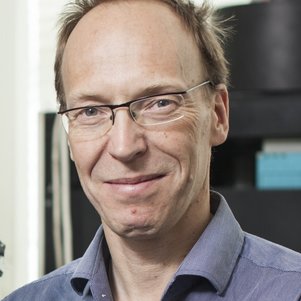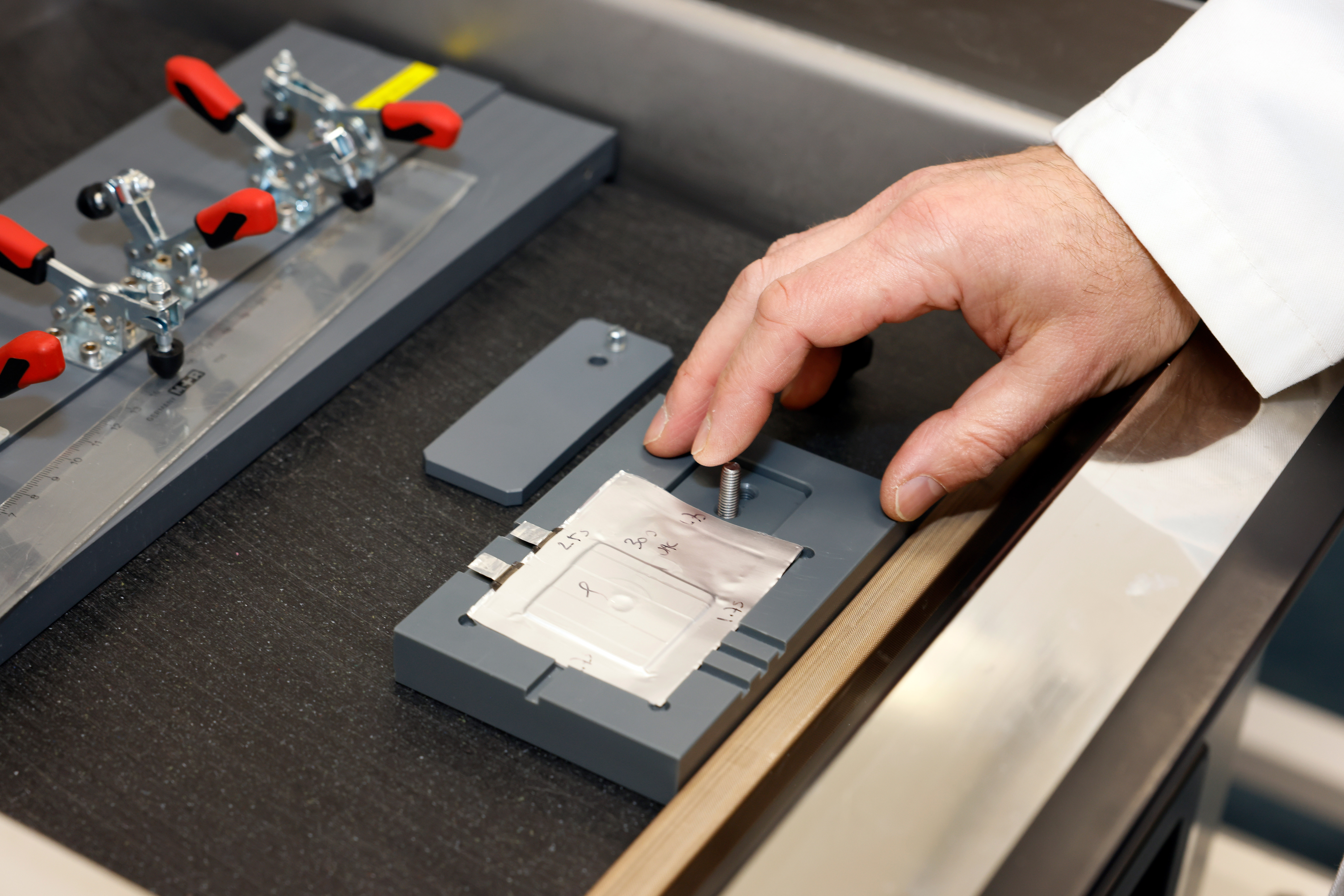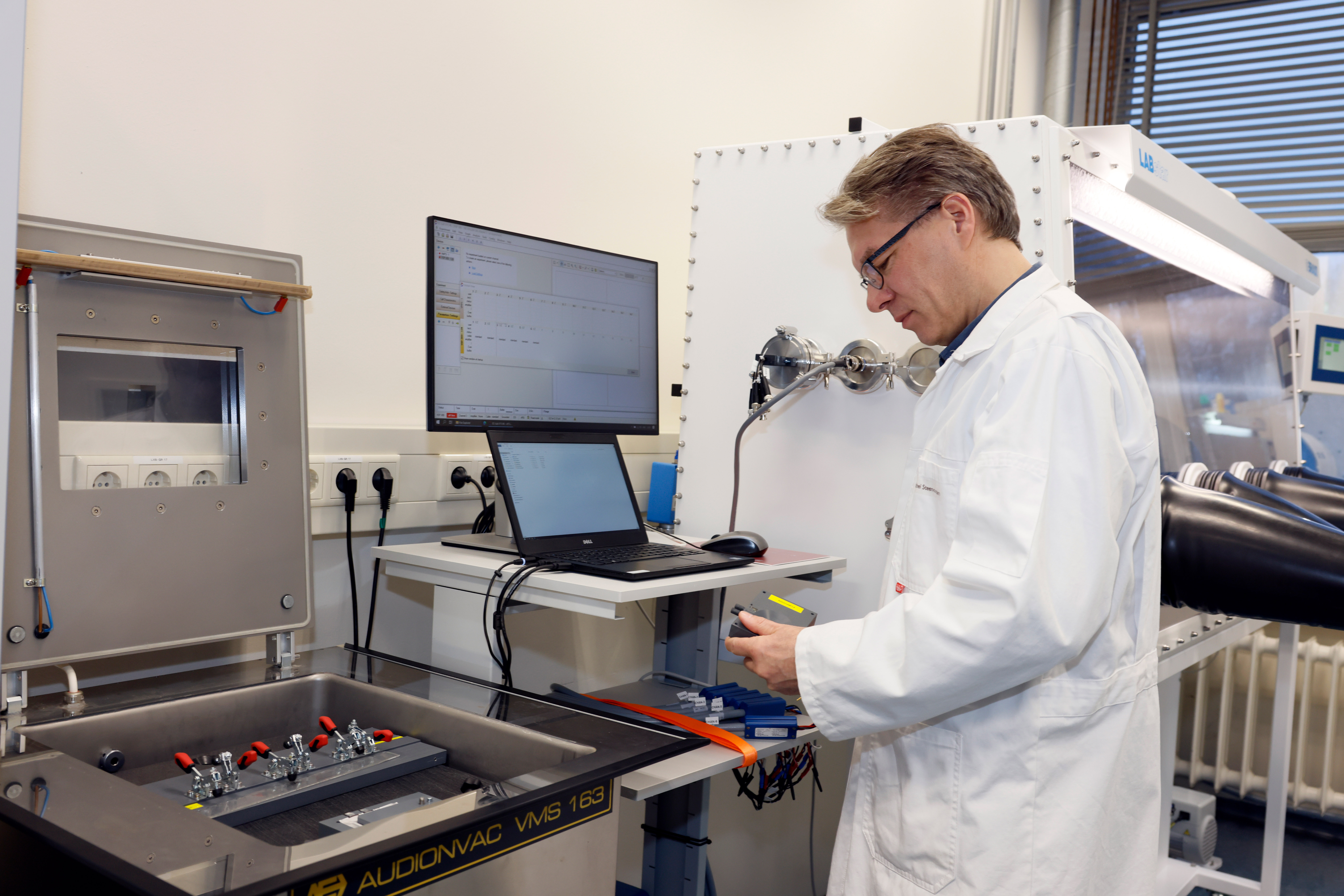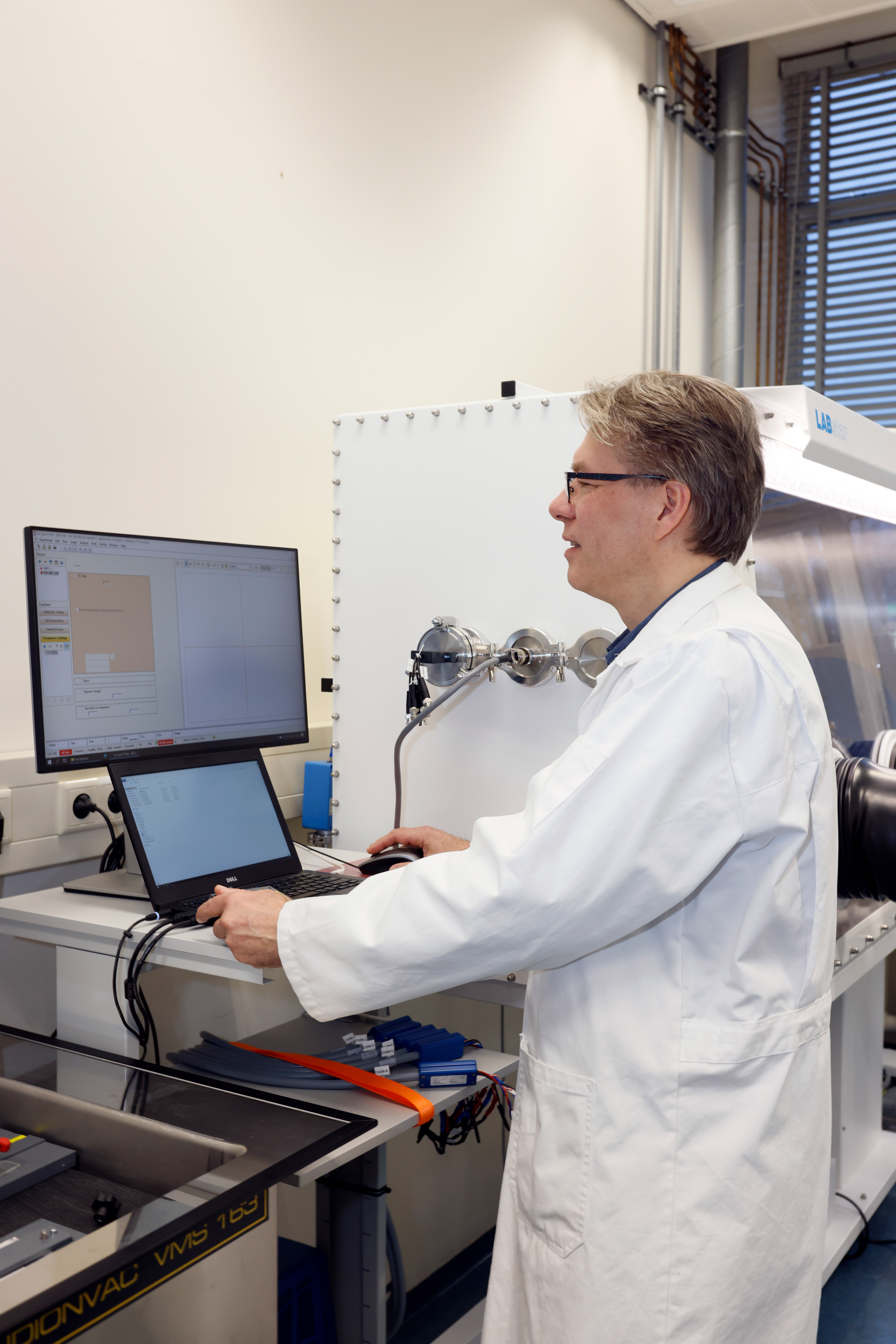TU Delft Reactor Institute is happy to announce: proposal Material Independence & Circular Batteries accepted by Growth Fund
Battery technology plays a crucial role in the energy transition as a storage system for green energy. For stabilising the electricity grid and for electrification of the mobility sector. The Material Independence & Circular Batteries proposal focuses on realising a strong position for the Dutch manufacturing industry in the global battery chain focusing on critical materials independence, sustainability and circularity
Battery Competence Cluster-NL (BCC-NL)
The SEE group* is part of BCC-NL consortium who had submitted the National Growth Fund proposal 'Material independence & circular batteries'. With a total budget of around €800 million, more than 60 companies and knowledge institutes will work on making the Netherlands less dependent on scarce and critical raw materials for batteries and capitalize on opportunities in the battery industry. The SEE group focuses on the improvement of company-developed battery components and the development of electrode and electrolyte materials, focusing in particular on Co/Ni free, and also Li free long-life batteries. These activities fit seamlessly into the e4battery vision, the TUD institute for renewable batteries in formation.
In the upcoming period the BCC-NL, industrial and academic partners will work closely together with the Ministry of Economic Affair & Climate and RVO to set up a process for the partners to access the funding. Additionally, the coming period will be used to set up the governance and structure of the program.
After the program has been started, there will be opportunities for additional partners to join the consortium through several open calls on the different topics. We will inform you accordingly through this newsletter. You can also contact the topic leader of the relevant thematic pillar of the BCC-NL.
* The Storage Group of Electrochemical Storage (SEE) is a research group at the department of Radiation Science and Technology (RST) at TU Delft Reactor Institute

prof.dr.ir. M. Wagemaker (Marnix)
- +31 (0)15 2783800
- m.wagemaker@tudelft.nl
-
Room: 2.01.030


